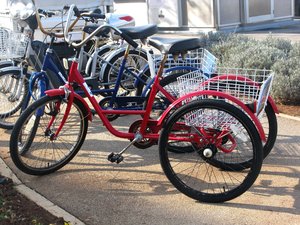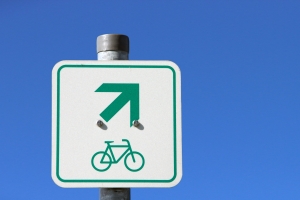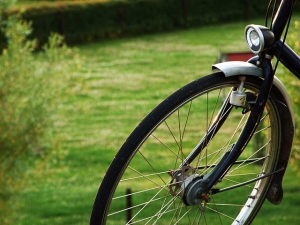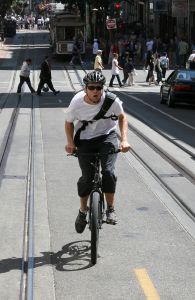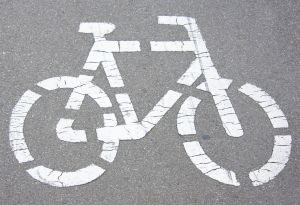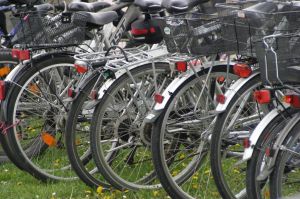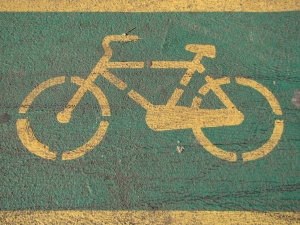Recently, the office of Mayor Thomas M. Menino commissioned a report to learn some more detailed information on bicycle accidents. The purpose of the report was to identify safety issues and to determine the top causes of bike accidents. Mayor Menino commissioned the report as part of efforts to improve bike safety and encourage bike riding in Boston. 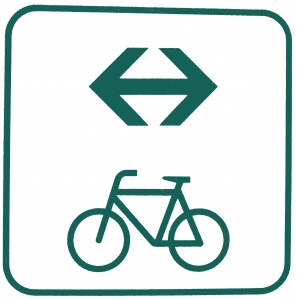
Our Boston bicycle accident attorneys know that hundreds of bike riders are hurt and killed in accidents each year. Reports identifying causes of bicycle accidents can help to reduce these fatalities by giving lawmakers a starting point for setting safety rules and regulations. Public education campaigns and law-enforcement crackdowns can also be used to curb dangerous behaviors that are identified as top causes of bike accidents.
Bike Safety Issues Revealed in Mayor’s Crash Studies
According to the Boston Globe, the report sought to determine the causes of bike accidents by looking at many different sources of statistics on bike collisions. The data was collected and analyzed from the Boston Police as well as from Boston Emergency Medical Services. Data was also collected from Boston Bikes, which is a program that Mayor Menino began in an effort to encourage cycling.
The report revealed some general information, including the fact that the number of bicycle accidents increased slightly from 2010 to 2012. However, this increase was not necessarily bad news since ridership of bicycles has grown much more sharply than the bike accident rate.
The report also revealed that around half of all cyclists who were injured severely enough to require medical assistance were not wearing a helmet at the time of the crash. This is about twice the number of bicyclists without helmets as compared with the total percentage of helmeted riders. This indicates that helmet use can have a huge impact on whether or not a bicycle accident will result in a need for medical help.
In light of the information on helmet use, the mayor’s office is considering making a push to require all bicycle riders to wear helmets. However, the executive director for the Massachusetts Bicycle Coalition indicated that forcing helmets on bicycle riders is not the best response to the study because this is not a proactive position. Wearing helmets doesn’t stop crashes, and that is where the executive director believes that the focus should be.
The report also addressed some of the specific causes of bike demonstrating that:
- 197 bike accidents ocurred when a driver opened a door into a bicycle rider.
- 147 bike accidents happened due to failure to stop for red lights or stop signs.
- 197 crashes happened when the bicyclist and driver didn’t see each other.
- 108 crashes happened when a bike rider went into oncoming traffic.
- 81 bike accidents ocurred due to speeding.
- Distraction was a cause of 58 accidents. Phones and electronics were also separately attributed to causing 16 accidents.
- Aggresive driving was a cause of 57 accidents.
- 4 accidents may have resulted from the bicyclist being in a construction zone.
Based on this information, proactive steps to reduce the number of bicyclist accidents may include educating drivers about “dooring” (opening a door into a bike) and cracking down on drivers and bicyclists who drive while distracted or who run red lights and stop signs.
Enforcement and education are key to preventing bike crashes, and knowing more about why accidents happen can be very helpful in reducing the number of injuries and fatalities from bike wrecks.
Continue reading
 Boston Car Accident Lawyer Blog
Boston Car Accident Lawyer Blog


